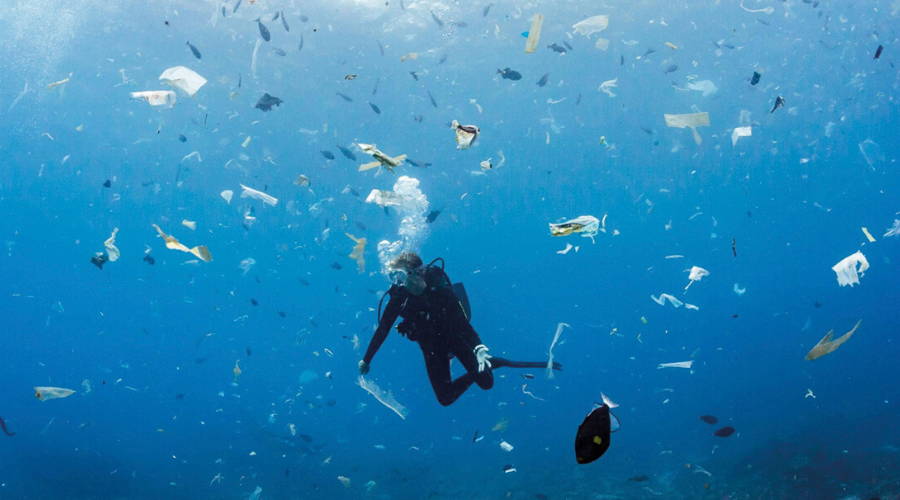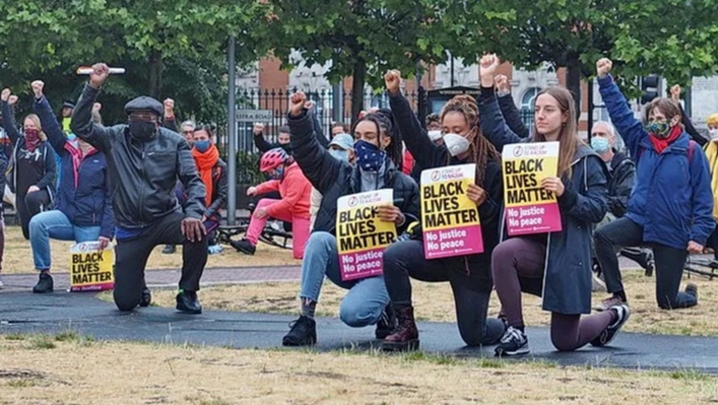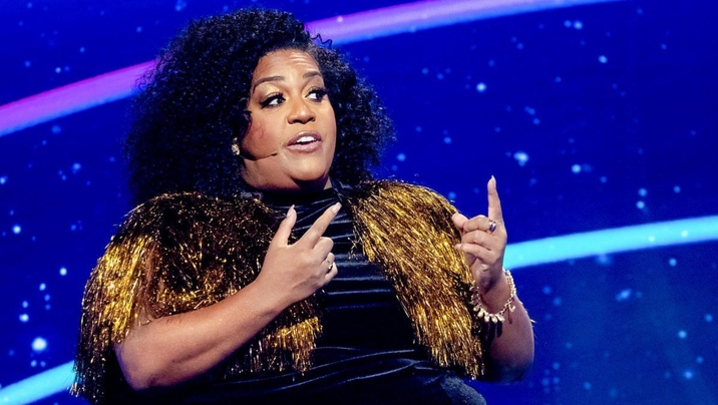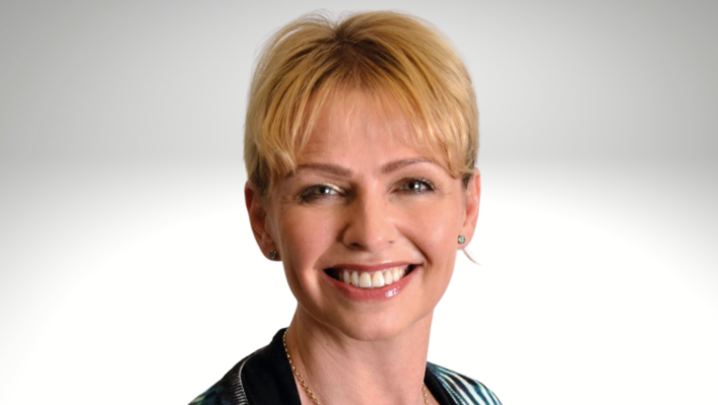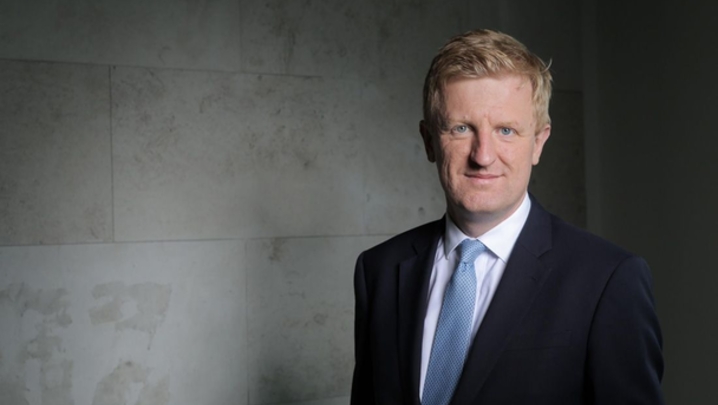Richard Smith, BBC sustainability manager, is interviewed by Roz Laws.
Richard Smith has been the BBC’s sustainability manager for 10 years. He was previously an on-screen reporter for BBC regional news programmes, including Midlands Today. As home affairs correspondent for BBC South East, he reported on drugs, asylum seekers and homelessness, and won an RTS award.
Based at MediaCity UK in Salford, Smith heads a team working to raise awareness of environmental issues within the television industry and reduce the carbon footprint of programme production.
He devised the Albert carbon calculator, which he shared with the rest of the TV industry through Bafta. The scheme is now used by more than 500 production companies in the UK and beyond.
Programmes that complete the certification can use the Albert Sustainable Production logo in their end credits.
How did you get the job of sustainability manager?
It sounds idealistic, but I went into journalism because I wanted to change the world. After 14 years, I realised I’d probably changed it as much as I could.
My awareness of climate change was growing and I realised this was an area where I could achieve more. In 2008, I read about the BBC’s new environmental strategy and contacted that department. I had no sustainability training or qualifications, but I was enthusiastic and understood TV production.
I think my two careers share some skill sets. You have to be relentlessly resilient and persuasive, and be able to take a lot of complex information and make it understandable.
I was taken on for six months to develop a carbon calculator for TV production. I’ve been here ever since.
I have since trained with the Institute of Environmental Management and Assessment to become a chartered environmentalist.
What does the job involve?
It’s very varied, from writing the BBC’s sustainability strategy and reporting to management at the highest levels, to talking to a production company that’s not thought much about sustainability before and is taking the first steps to becoming greener.
A vital part of the role is sharing our values with the rest of the industry, as they can’t just stop at the BBC’s front door.
I am very involved in training. I co-founded a partnership between the BBC, ITV and others to create what we think is the world’s first training course on climate change and environmental impacts specifically for the television industry. It has been taught to hundreds of people.
This morning, I was checking a script for a CBeebies programme. The producer had asked me for advice on conveying issues of climate change to toddlers, which is wonderful.
How has the role and reactions to it changed in a decade?
Ten years ago, I had to explain much more about environmental issues. Now, everybody understands the phrase “climate change”.
Things that seemed a challenge five years ago are now commonplace, such as casts and crews using reusable water bottles rather than endless single-use plastic bottles.
TV programmes have really helped to raise awareness. Now, it’s not just in documentaries and on the news that viewers learn about climate change. The issues were bubbling away in the background of the Russell T Davies drama Years and Years, bringing them alive in a genre where you wouldn’t expect the subject to be tackled.
How do carbon footprints vary in the TV industry and are they falling?
Studio-based programmes, such as Mastermind, make several programmes a day and are very efficient. High-end drama and documentaries have a higher carbon footprint as it takes much longer to produce footage and it might involve foreign travel.
Natural history documentaries have a high carbon footprint but that is more than outweighed by the powerful effect TV can have. The global impact of Sir David Attenborough talking about plastic waste in our oceans on Blue Planet II was incredible.
Awareness of climate change has never been higher but, unfortunately, the size of carbon footprints isn’t falling yet. That’s our big challenge.
What can we do to reduce our carbon footprint?
The average carbon footprint across the TV industry is 13 tonnes of carbon per hour of output. That compares to the total annual carbon footprint of three UK houses. I have no authority to tell anybody what to do. I’m not in the business of preaching, but there are things we can all do to be more sustainable.
You could sign up to a renewable energy supplier, use low-energy lighting in a studio and switch off equipment when not in use.
Turn the thermostat down and wear a jumper. Think about your travel, about not flying if possible, and using public transport. If you must drive, pack the car with people. Reuse existing sets and hire props and costumes instead of buying new ones.
Everyone can play a part, even down to thinking before printing something or printing on both sides of the paper.
Are you hopeful about the environmental future of the planet?
By the end of the BBC’s Charter, in 2027, we want the BBC to have made the world a better place environmentally than if it had never existed.
It’s a huge challenge but it’s possible, through practical steps such as planting trees and improving our biodiversity and the volume and wealth of natural organisms. For example, we have beehives on the roof here at MediaCity UK.
When I give them the statistics, people are shocked by the severity of the environmental problem, but part of my job is getting them out of a sense of despair and suggesting what we can do about it.
I hope I can inspire them because I am full of hope for the future.
If I felt I was wasting my time, I wouldn’t be doing this job. I feel like this is what I was born to do and I’m not going to stop.

